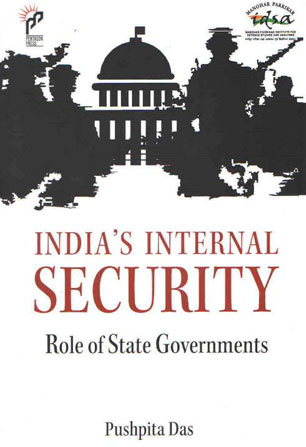The Pakistan Link to the Mumbai Terror Attacks
Investigations into the attacks in Mumbai and subsequent developments point to the role of the Pakistan based Lashkar-e-Toiba (LeT) as the key player that orchestrated the well coordinated attacks. The lone arrested terrorist is a Pakistani national and he has provided minute details of the events leading up to the attacks. Indian claims about elements within Pakistan being responsible for the attack have also been endorsed by the United States.
- Shanthie Mariet D’Souza
- December 05, 2008









